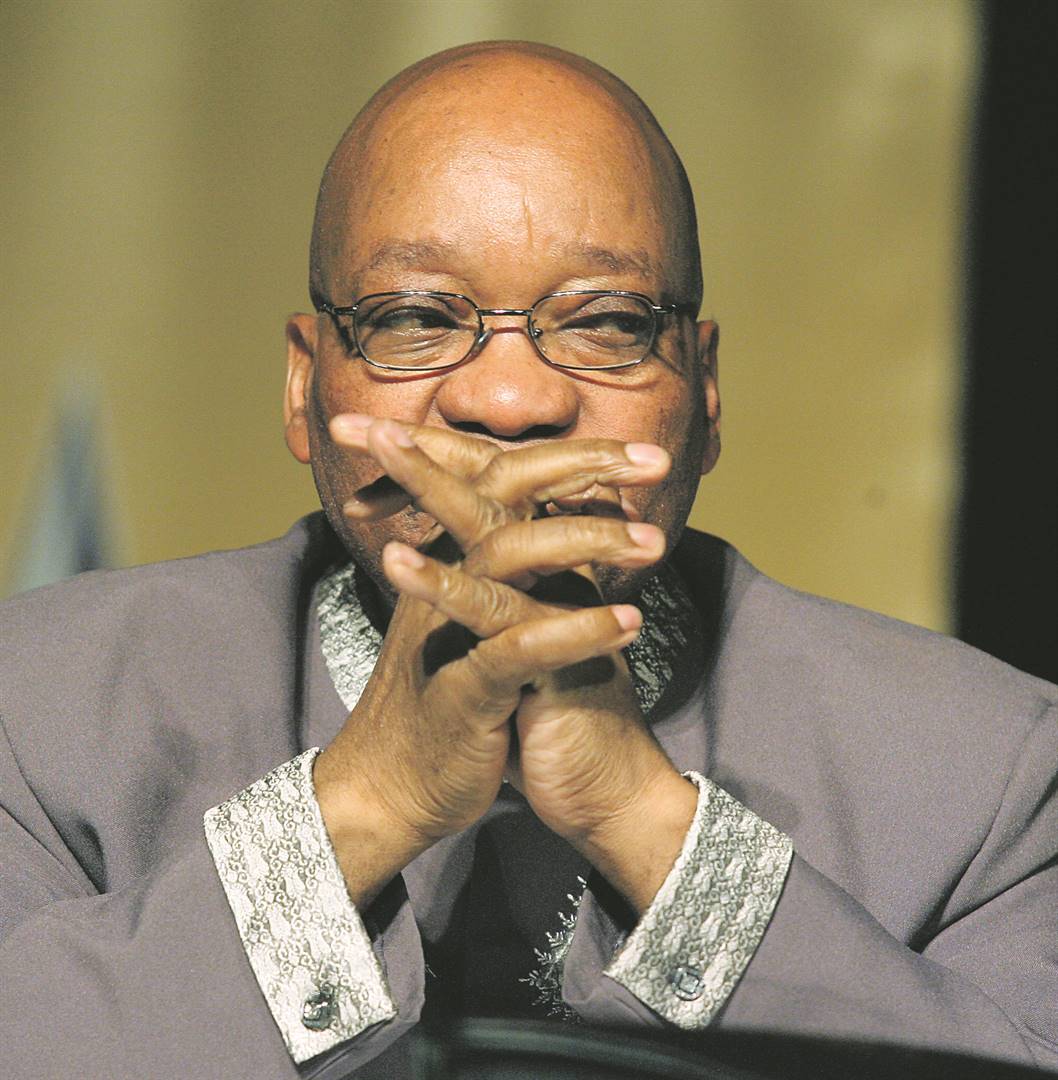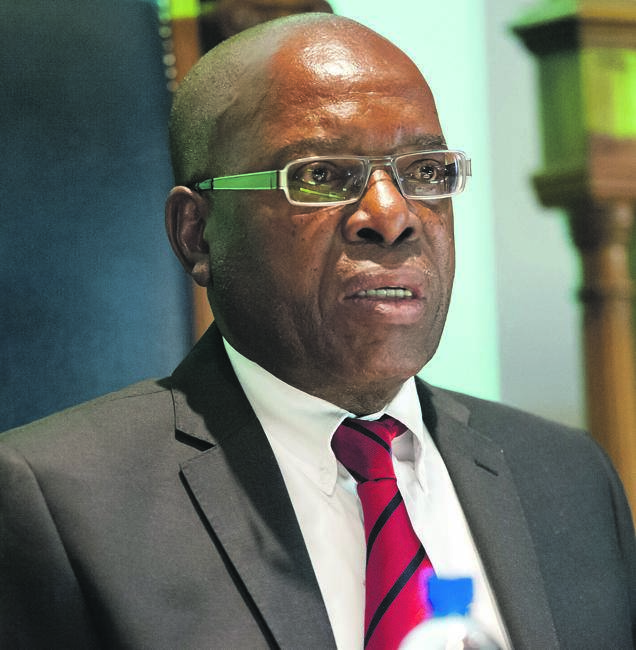
It is now well known that there was a shocking element of state capture during the nine years of the presidency of Jacob Zuma, as revealed by the continuing Zondo commission into this activity.
The revelations were first brought to the country’s attention by Angelo Agrizzi, who apparently had a serious fall out with his boss, Gavin Watson, chief executive officer of management solutions company Bosasa, leading to the former exposing the symbiotically corrupt relationships of the latter with the country’s ruling political elite.
It was during Agrizzi’s testimony that the country learnt of the close relationship Watson had with the president, his characterisation making Zuma an intellectual dwarf who was dancing to Watson’s money-power tune.
The revelations, which implicated senior officials of the department of correctional services, led to the arrest of the department’s former national commissioner, Linda Mti, whom Agrizzi has directly implicated as a recipient of monthly payments due to his involvement in the irregular awarding of tenders to Bosasa and its subsidiaries.
Subsequent revelations involving state-owned enterprises such as SAA, Transnet and Eskom have made headlines, thereby exposing the superlative levels of political corruption and all its manifestations.
As these shenanigans unfold at the commission, I am forced to ponder as to what other corruption is currently taking place in the corridors of power.
Are the unscrupulous politicians engaged in other acts of corruption and malfeasance? Are unscrupulous businesspeople continuing with their thieving as if it is business as usual?
These questions are posed in the context of the alarming magnitude of corruption and malfeasance taking place in the business world around the country, and nobody is prepared to venture to challenge this dynamic.
South Africa has in the recent past experienced the sudden resignations of the chief executive officers (CEOs) who were in charge of Eskom and SAA. These resignations were, to a large extent, as a result of rampant corruption and political interference that these CEOs were subjected to and had to deal with on a daily basis.
It is now common cause that the term ‘political interference’ has extensively occupied the national discourse, thereby becoming part of everyday vocabulary in the country’s political lexicon.
Indeed, we are living in very interesting times, the best of times and worst of times, all intertwined in existential parallelism.
In light of all this, we should ask ourselves tough questions about many issues, including the grand-scale political corruption that took place in the arms deal procurement processes.
Political historians have written extensively on arms deals around the world and it seems apparent that gross corruption, bribery, graft, cronyism and all sorts of criminality prominently feature as a common denominator in these transactions.
It therefore becomes important that we interrogate the role of the Seriti commission in investigating the alleged grand-scale corruption that took place in the arms deal.
Did Judge Willie Seriti execute his investigative duty without fear, favour or prejudice? Why was the commission received with suspicion and dubiety? This has led to its report being challenged in court.
Notwithstanding the fact that Zuma has made incessant legal challenges against his prosecution, it is really disturbing and peculiar that he, as it is alleged, is the only chief beneficiary of the multibillion-rand arms deal.
Why are we not asking the tough questions about the arms deal? Is it really possible that only Zuma and a few small fries like Tony Yengeni allegedly benefited from this transaction?
Did the country really need the arms deal in the first place? Who are the initial advocates for this monster?
Who chaired and attended the earlier meetings that took place in the dark boardrooms? What were the motivations for the ratification of the arms deal?
Who are the other political heavyweights that benefited in the arms deal and why do their names remain confidential in this day and age?
Who in the business sector was responsible for the facilitation of bribes, kickbacks, money laundering and racketeering during the arms deal?
If this arms deal ghost is not properly and thoroughly exorcised from the body politic, surely it will continue to haunt the nation for many, many years to come.
Perhaps this is the epoch through which we should expose the remnants of the apartheid state who are currently capturing the powers that be of the new dispensation.
Perhaps this is the epoch through which we should expose the political captains of the new dispensation who are in cahoots in the spiderweb scenario of grand-scale state capture as unravelled by the Zondo commission.
Ka-Soko is an independent political analyst and writer
TALK TO US
Are you sceptical about the validity and integrity of the Seriti commission of inquiry, and what facts inform your opinion?
SMS us on 35697 using the keyword ARMS and tell us what you think. Please include your name and province. SMSes cost R1.50. By participating, you agree to receive occasional marketing material




 Publications
Publications
 Partners
Partners









